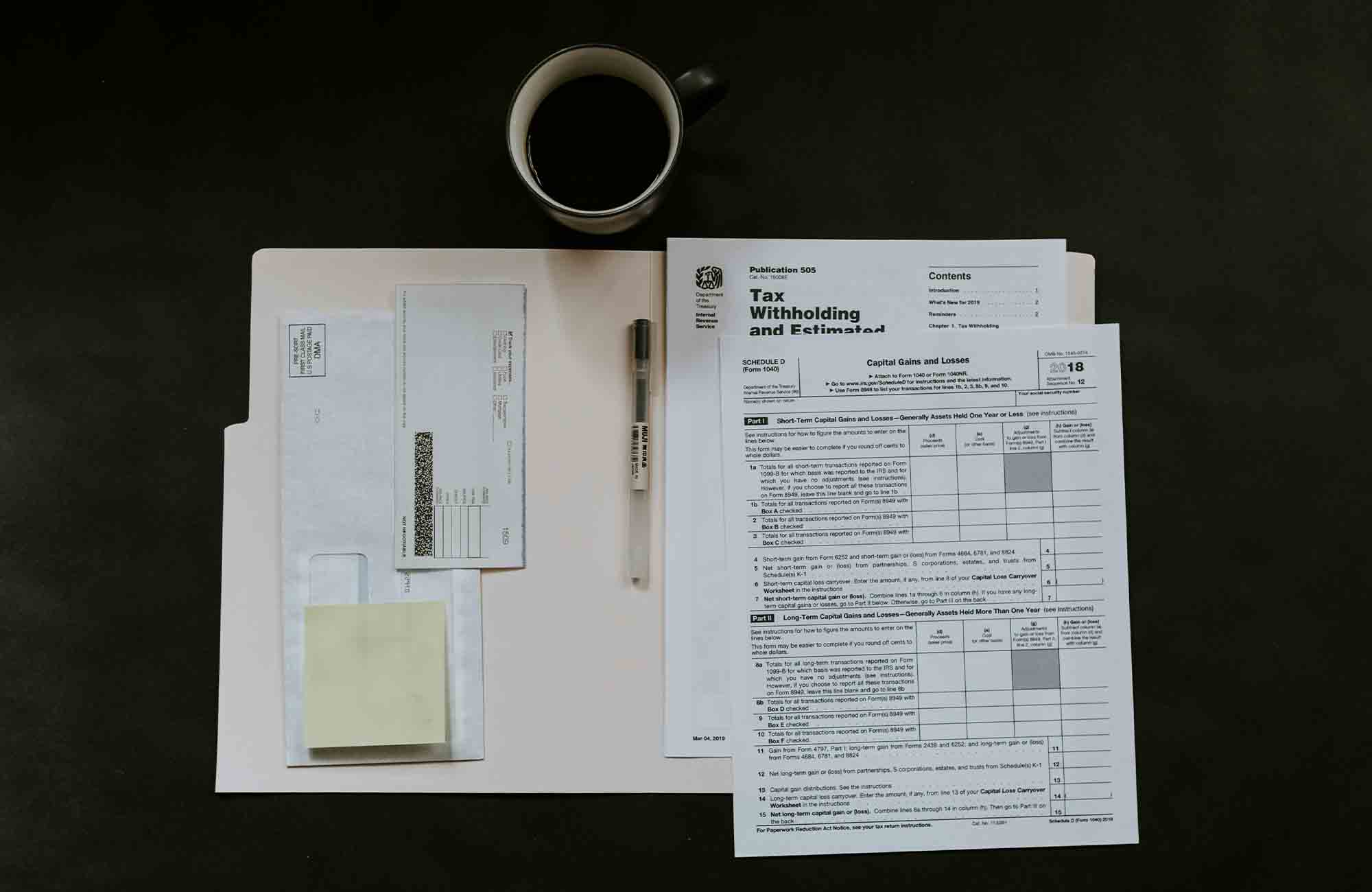
The Ultimate Guide to Music Publishing
Music publishing is a cornerstone of the music industry, safeguarding songwriters’ and composers’ rights while ensuring their creative outputs are monetarily rewarded. This guide explores the essence of music publishing, including copyrights, the multifaceted roles of music publishers, various types of publishing agreements, the intricacies of royalty collection, current industry trends, and steps to securing a publishing deal.
Introduction to Music Publishing
Music publishing encompasses the management and exploitation of music copyrights. Publishers are instrumental in promoting, licensing, and ensuring compositions are utilized across diverse platforms—ranging from digital streaming services to live performances—thereby generating revenue for creators and themselves. Beyond financial aspects, publishers play a critical role in the cultural dissemination of music, facilitating its reach to wider audiences globally.
Understanding Copyrights
Copyright law serves as the foundation for music publishing, offering legal protection to creators from the moment their work is fixed in a tangible medium. This protection is split into two primary components:
- Composition Copyright: Covers the music and lyrics, granting the songwriter or composer control over their creation.
- Sound Recording Copyright: Applies to the actual recording, typically owned by the record label.
Understanding the nuances of copyright law, including terms, limitations, and the scope of protection, is crucial for effectively managing and monetizing music copyrights.
Roles of Music Publishers
Music publishers fulfill several critical functions in the music industry:
- Rights Management: Registration of works with PROs and other entities is vital for copyright protection and monetization.
- Licensing: Facilitating the use of songs across media, publishers negotiate contracts and manage licensing for various uses, ensuring creators are compensated.
- Royalty Collection: Publishers track music usage worldwide, employing sophisticated technology to collect royalties due to creators accurately.
- Creative Support: Beyond administrative tasks, publishers offer creative services, aiding in the development of songwriters and composers, fostering collaborations, and promoting works to potential artists and record labels.
Types of Music Publishing Agreements
Navigating the landscape of music publishing agreements is essential for songwriters to maximize their earnings and protect their work:
- Standard Publishing Contract: This foundational agreement sees the publisher acquiring rights to a songwriter’s music, often including an advance against future earnings.
- Co-Publishing Agreement: These agreements offer a more balanced share of copyrights and royalties, reflecting a partnership between the songwriter and publisher.
- Administration Deal: Tailored for those wishing to maintain copyright ownership, this deal focuses on rights management.
- Single Song Agreement: Ideal for songwriters not ready to commit their entire catalog, targeting individual songs.
- Exclusive Songwriter Agreement: This commitment requires songwriters to dedicate all creations within a specified period to the publisher.
- Work for Hire Agreement: Employed for specific projects, resulting in the song being owned by the commissioning entity.
Royalties Explained
Royalties represent the financial lifeblood of music publishing, compensating rights holders for the use of their music across various platforms:
- Mechanical Royalties: Stem from the reproduction of music, including physical mediums and digital streaming.
- Performance Royalties: Generated whenever music is played publicly, from radio broadcasts to live venues.
- Synchronization Royalties: Arise from the use of music in visual media, offering potentially lucrative earnings.
- Print Music Royalties: Though a smaller segment, sales of sheet music and songbooks continue to provide income for songwriters.
Navigating Digital and Global Markets
The shift to digital consumption has profoundly impacted music distribution and monetization. Songwriters and publishers must adapt to these changes, embracing digital platforms while navigating international copyright laws to manage global rights effectively.
The Future of Music Publishing
Innovations like blockchain and direct licensing are shaping the future of music publishing. These technologies promise to enhance transparency and efficiency in royalty collection and distribution, empowering songwriters with more control over their work.
How to Get a Publishing Deal
Securing a publishing deal is a multifaceted process, requiring:
- Building a Strong Catalog: Quality and diversity in your music showcase your unique voice and style.
- Understanding Your Rights: Knowledge of copyright law and publishing agreements aids in negotiating favorable terms.
- Networking and Performing: Visibility through live performances and industry events connects you with industry professionals.
- Demo Submission: Tailoring submissions to publishers aligned with your genre increases your chances of success.
- Online Presence: A strong social media and online platform presence can attract publishers’ attention.
Conclusion
Music publishing remains a dynamic and essential aspect of the music industry, ensuring songwriters and composers are compensated for their creative endeavors. With a deep understanding of copyrights, publishing agreements, and royalty collection, coupled with awareness of industry trends and technological advancements, creators can effectively navigate the publishing landscape. Securing a publishing deal not only requires talent and a compelling body of work but also an informed approach to the business aspects of music.
Browse Beats & Instrumentals
Check out my extensive catalog of more than 500 custom-made beats and instrumentals, available for free download or licensing.


No Comments